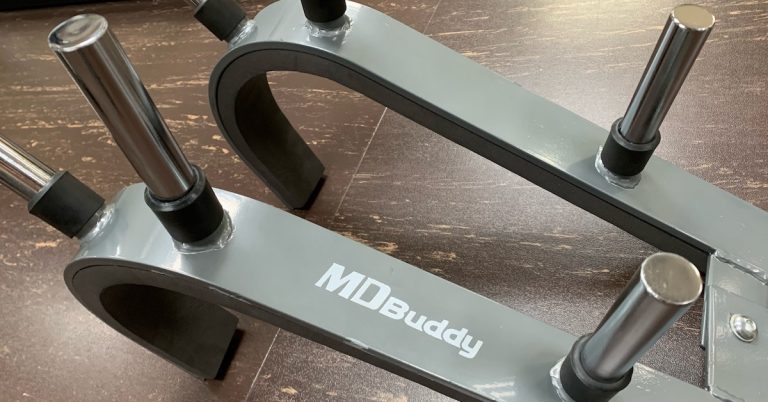There’s a difference between book smarts and gym smarts. You need both if you want long-term success in personal training. If something you do isn’t validated by research, it doesn’t mean that it’s not useful. Sometimes it takes a while for research to catch up. With enough experience, you’ll know if something works or not. Here are a few examples that come to mind…
Static Stretch For Only 15 Seconds
On page 151 of The Elite Trainer, I mention that it’s best to do static stretching for only 15 seconds – it’s better to do a shorter stretch at multiple angles than to do a long stretch at just one angle. That is, of course, if you don’t want to reduce strength! A recent study confirmed this:
“According to the analyzes, it was observed that 5 min jogging and 15 s stretching exercises increased the isokinetic strength, whereas 30 and 45 s stretching exercises caused a decrease.”
Older Adults Should Train Less Frequently
In Lean and Mean, I discuss the inverted-U concept of training demands. One variable to take into account is training frequency. As you get older, the frequency of training should decrease for optimal results. This was confirmed in a review published earlier this year:
“It seems that higher resistance training frequencies result in greater gains in muscular strength on multi-joint exercises in the upper body and in women, and, finally, in contrast to older adults, young individuals seem to respond more positively to greater resistance frequencies.”
Be Strong, Live Long
In The Drug of Choice, I talk about the importance of strength over endurance to improve functional capacity in aging adults. It appears that strength may even be more important than muscle mass if you wish to live long. Take a look at the findings of this recent study:
“Low muscle strength was independently associated with elevated risk of all-cause mortality, regardless of muscle mass, metabolic syndrome, sedentary time, or leisure-time physical activity among US older adults, indicating the importance of muscle strength in predicting aging-related health outcomes in older adults.”
Note: Muscle is your friend when it comes to living a long and vital life, but too much muscle is a foe as I discuss in The Power Rack And The Power Pill.
Receptors, Not Hormones, Build Big Muscles
If you want big muscles, don’t worry so much about hormones – worry about receptors! I talked about it in How To Restore Your Alpha Male Status, and now scientists from McMaster University are talking about it too (see Big news about big muscles). Here are the results from their research:
“These results indicate that intramuscular androgen receptor content, but neither circulating nor intramuscular hormones (or the enzymes regulating their intramuscular production), influence skeletal muscle hypertrophy following resistance exercise training in previously trained young men.”

Why I Retired My Oura Ring: Navigating the Pitfalls of Orthosomnia and Wearable Tech
In the quest for optimal health, many of us turn to technology for insights, and the Oura Ring has been

Meet my New Fitness Buddy
The front squat is a fundamental exercise that everyone should incorporate into their routine, yet not everyone can execute it

Keeping Up with Current Research (December 2023)
Research is a valuable tool for health and fitness professionals, providing insights to stay ahead in the field. Here are
follow
Error: No feed with the ID 2 found.
Please go to the Instagram Feed settings page to create a feed.
